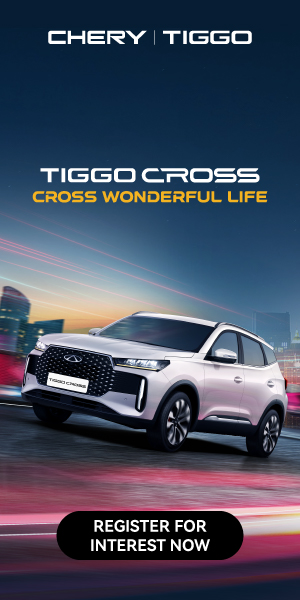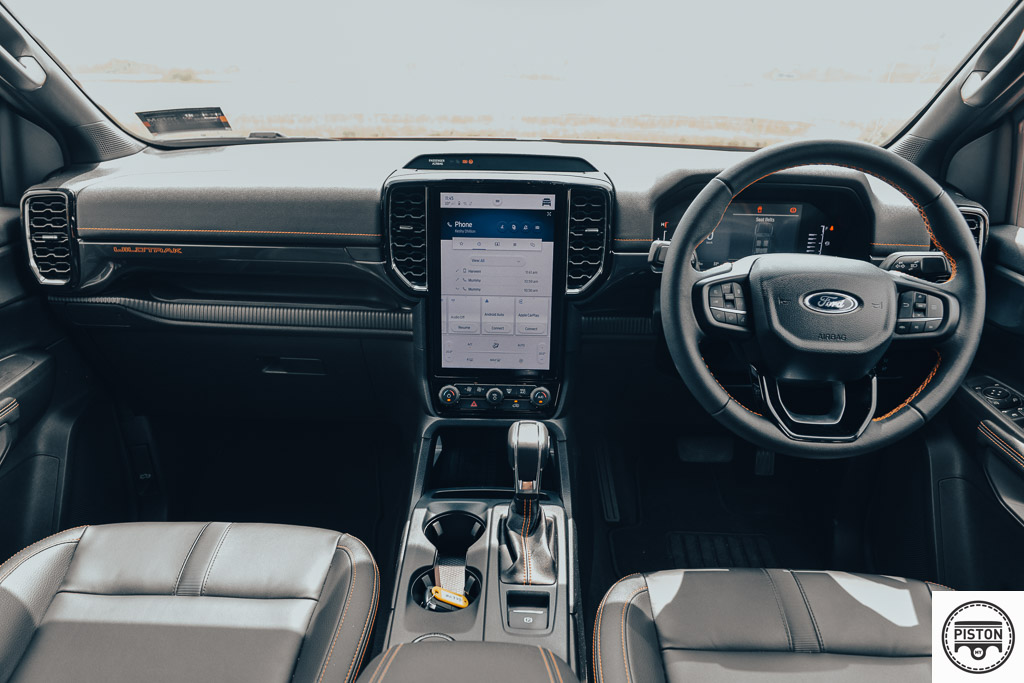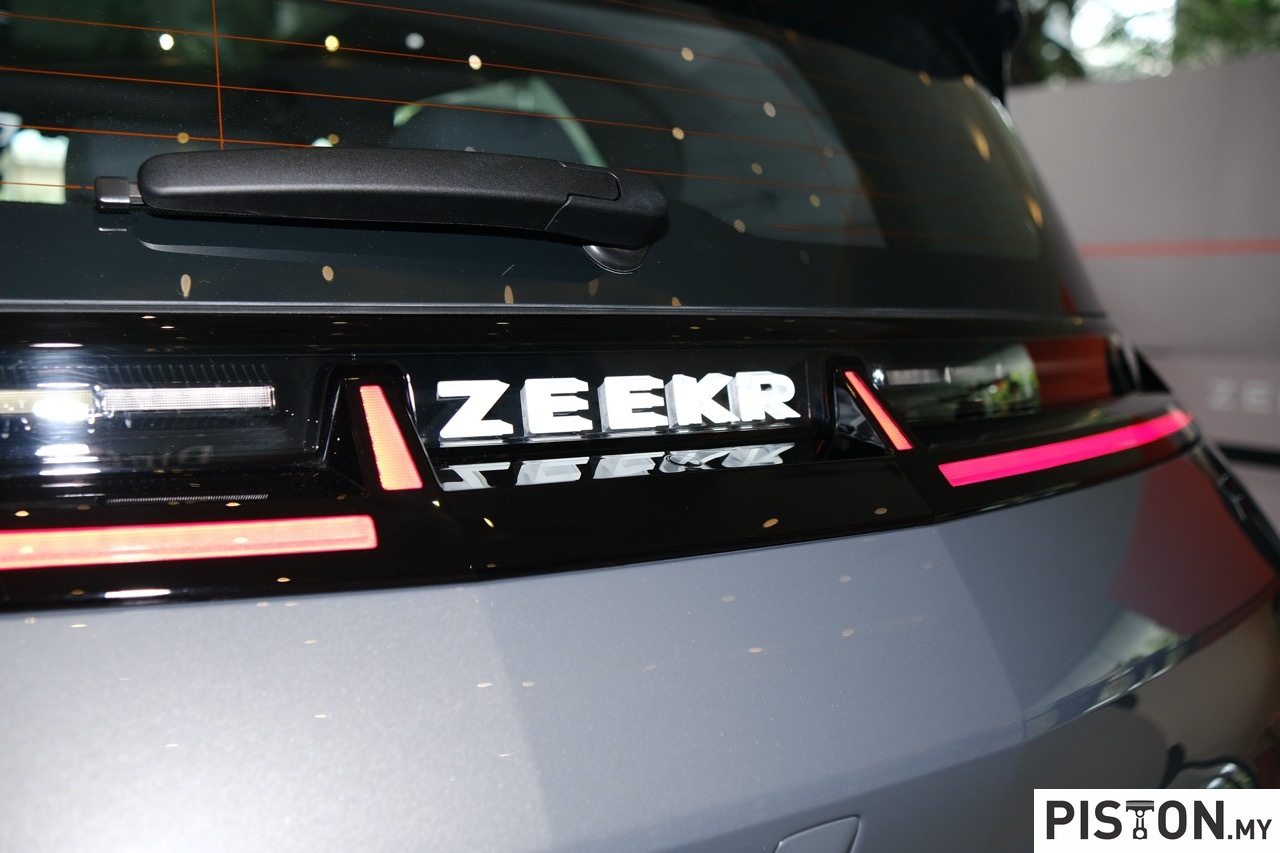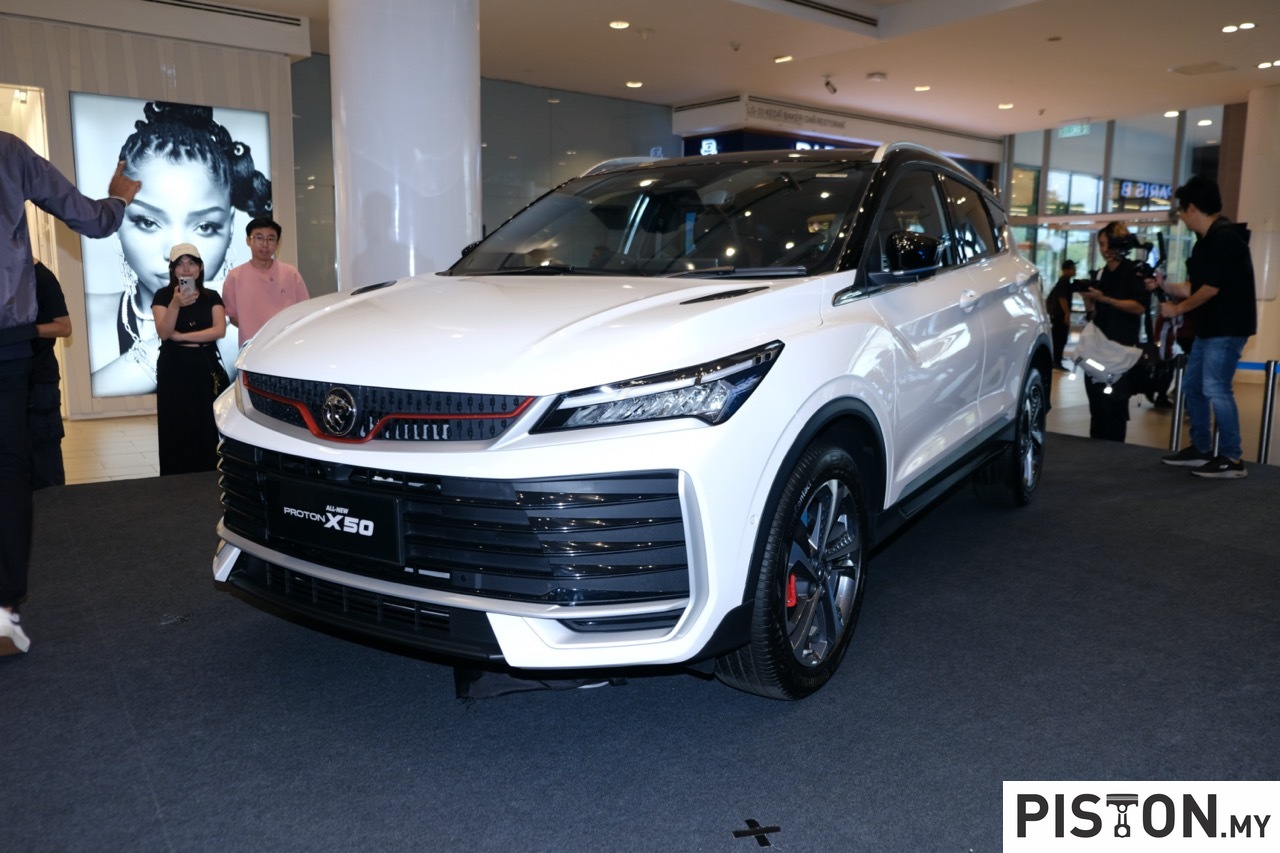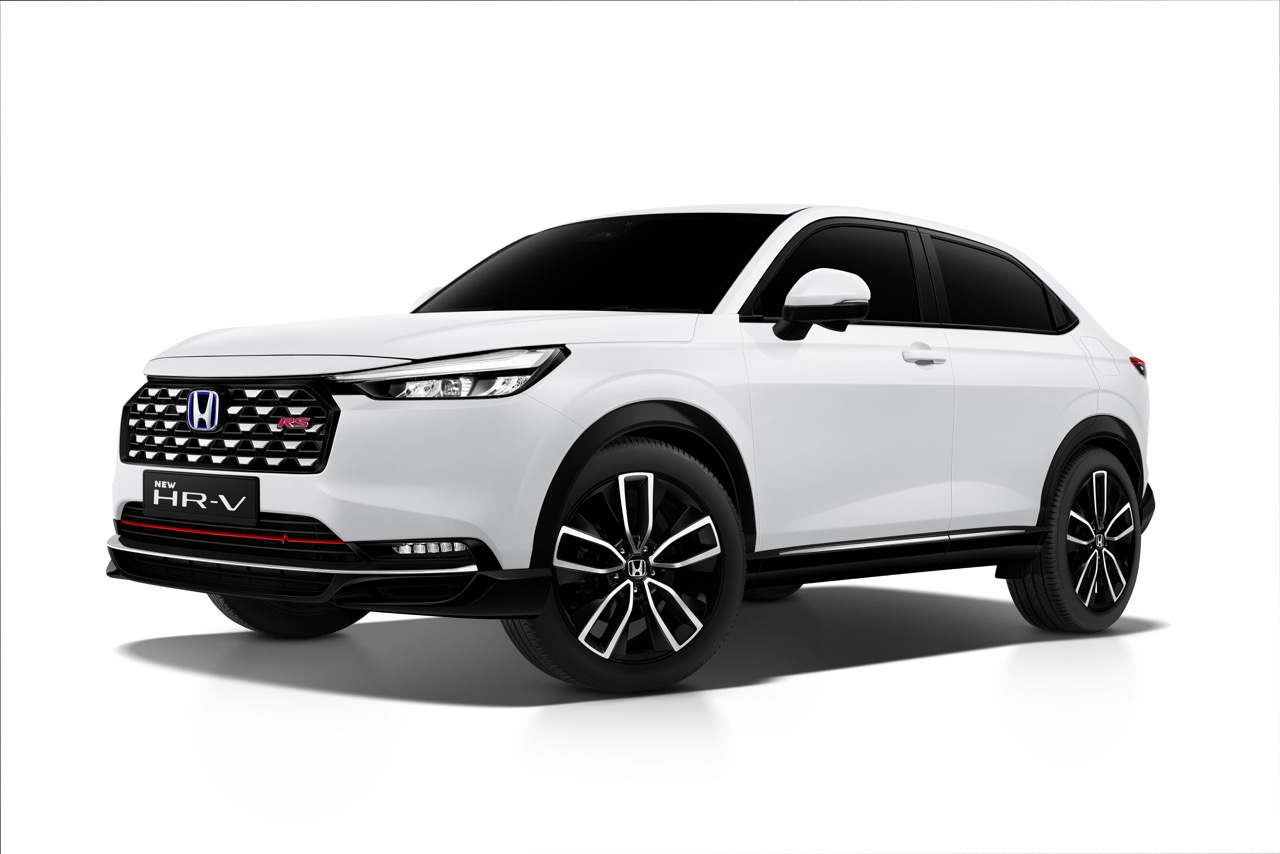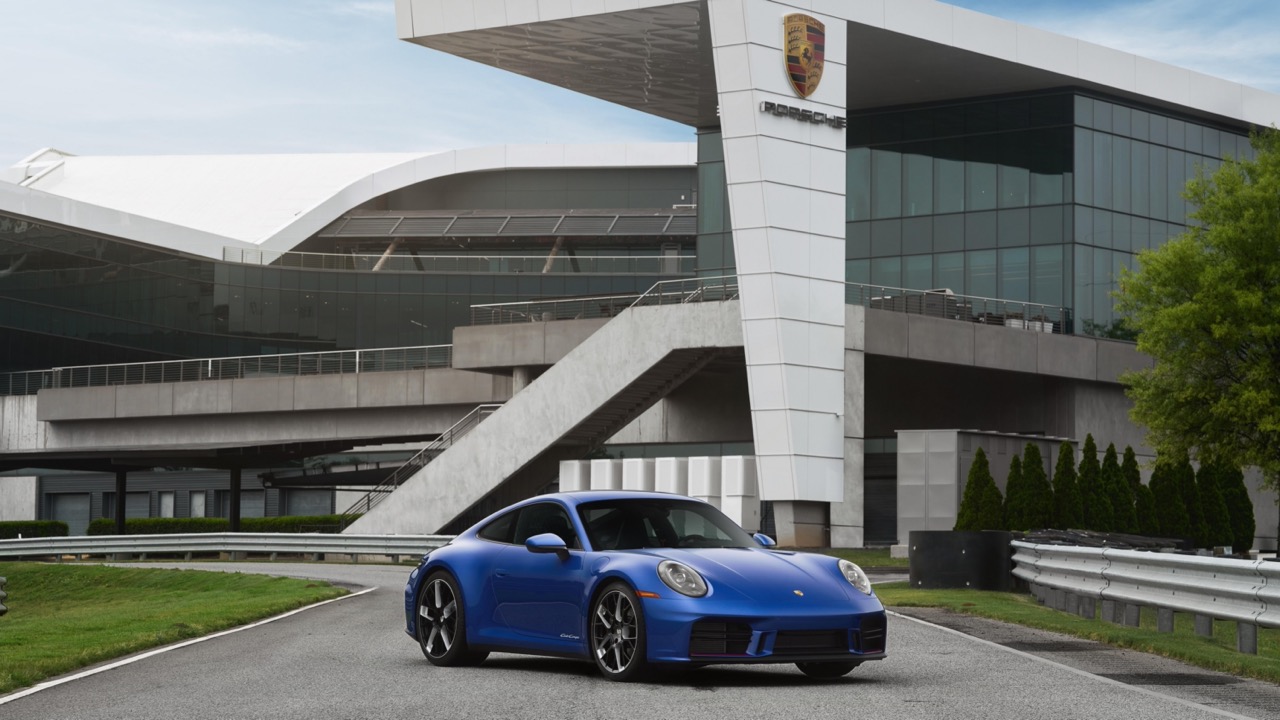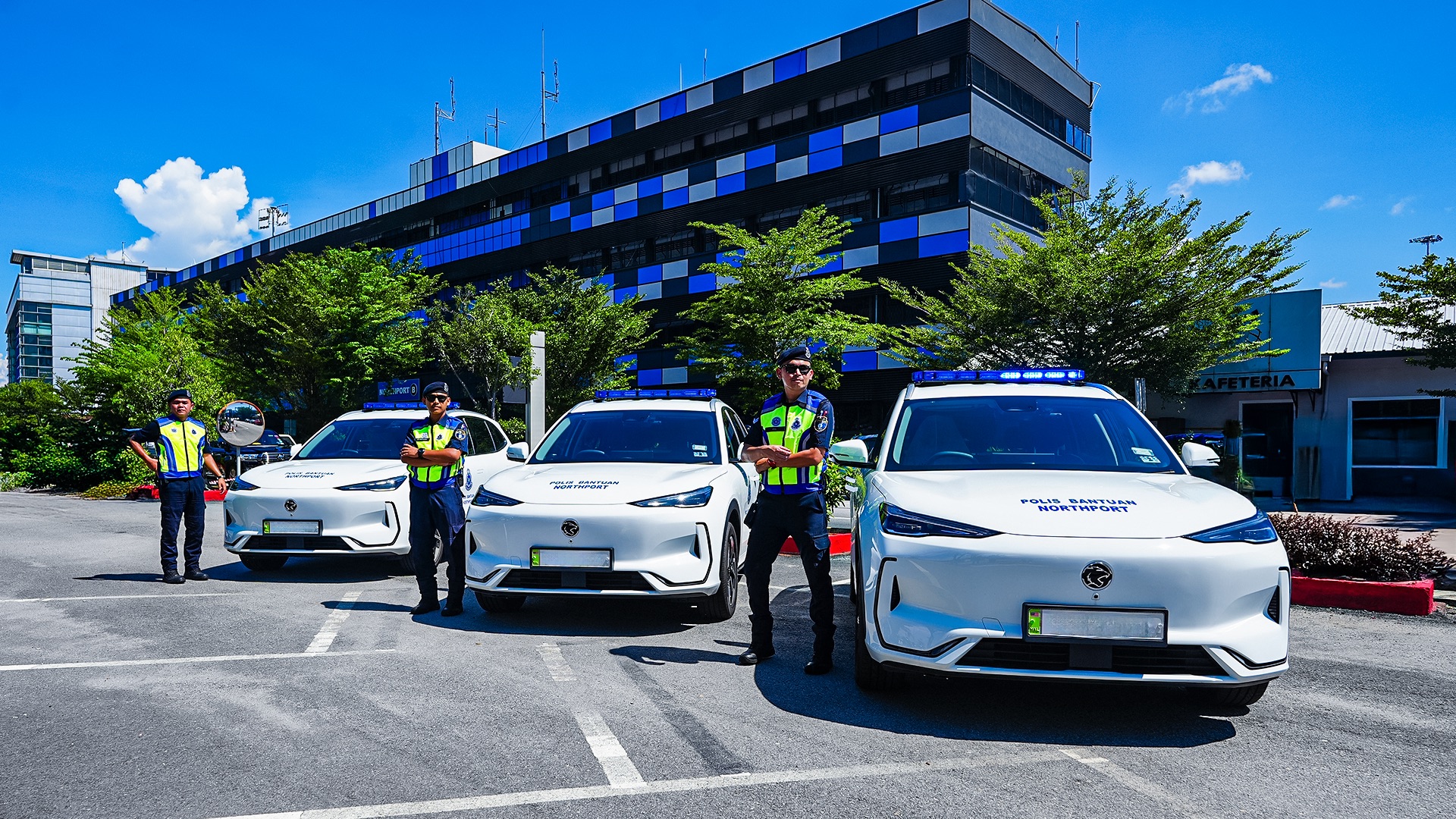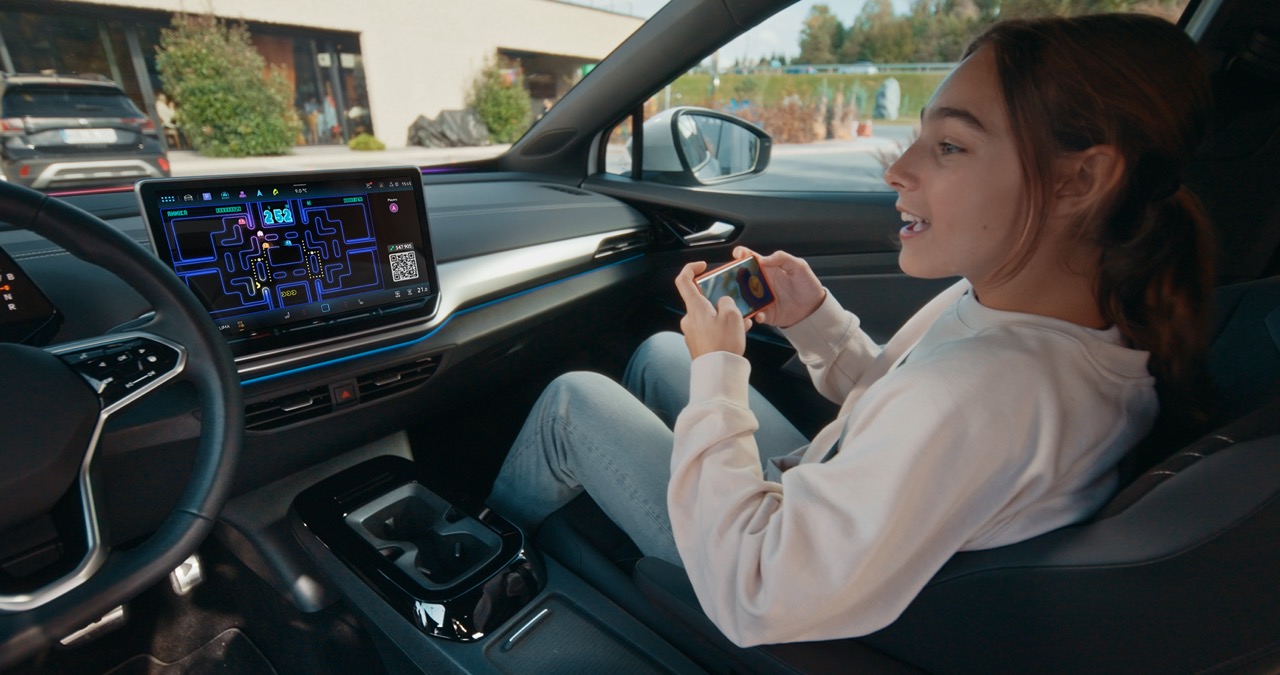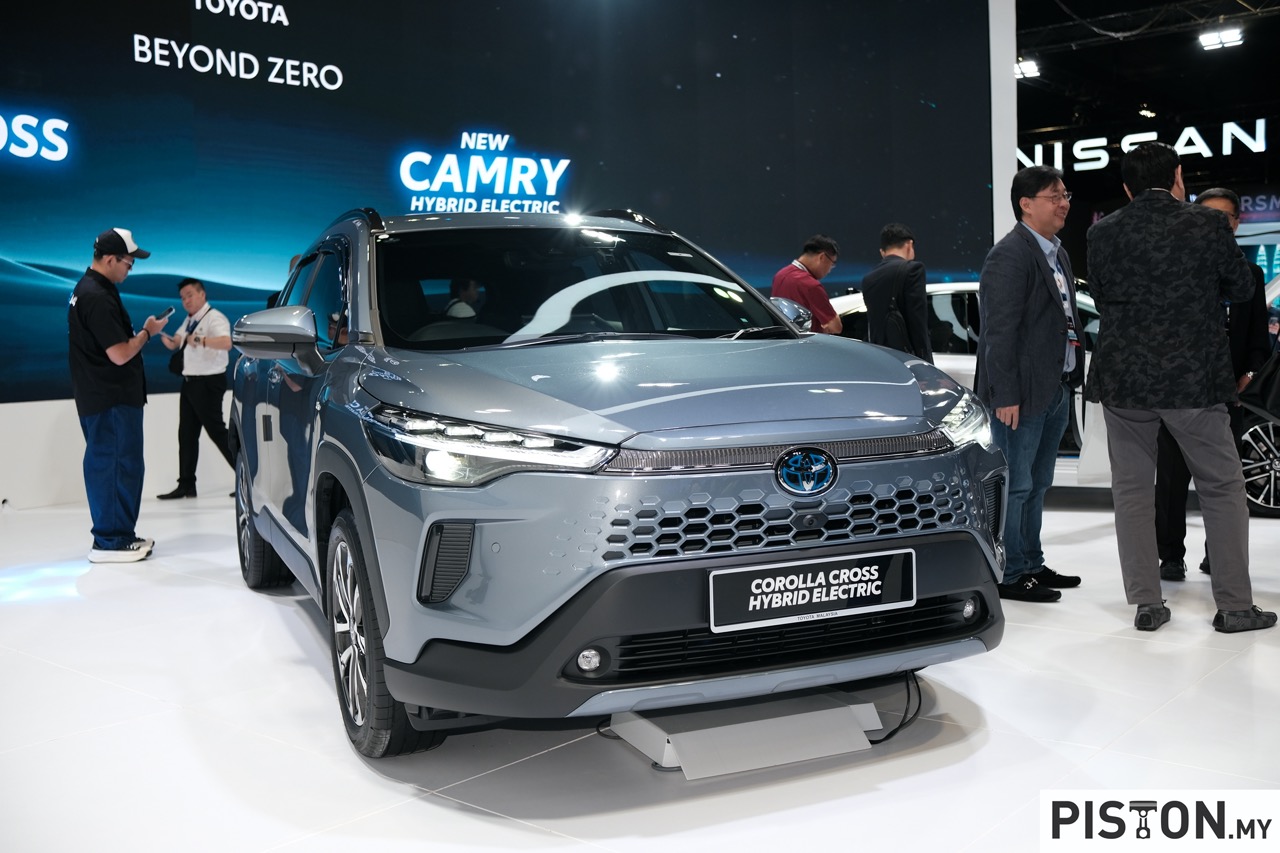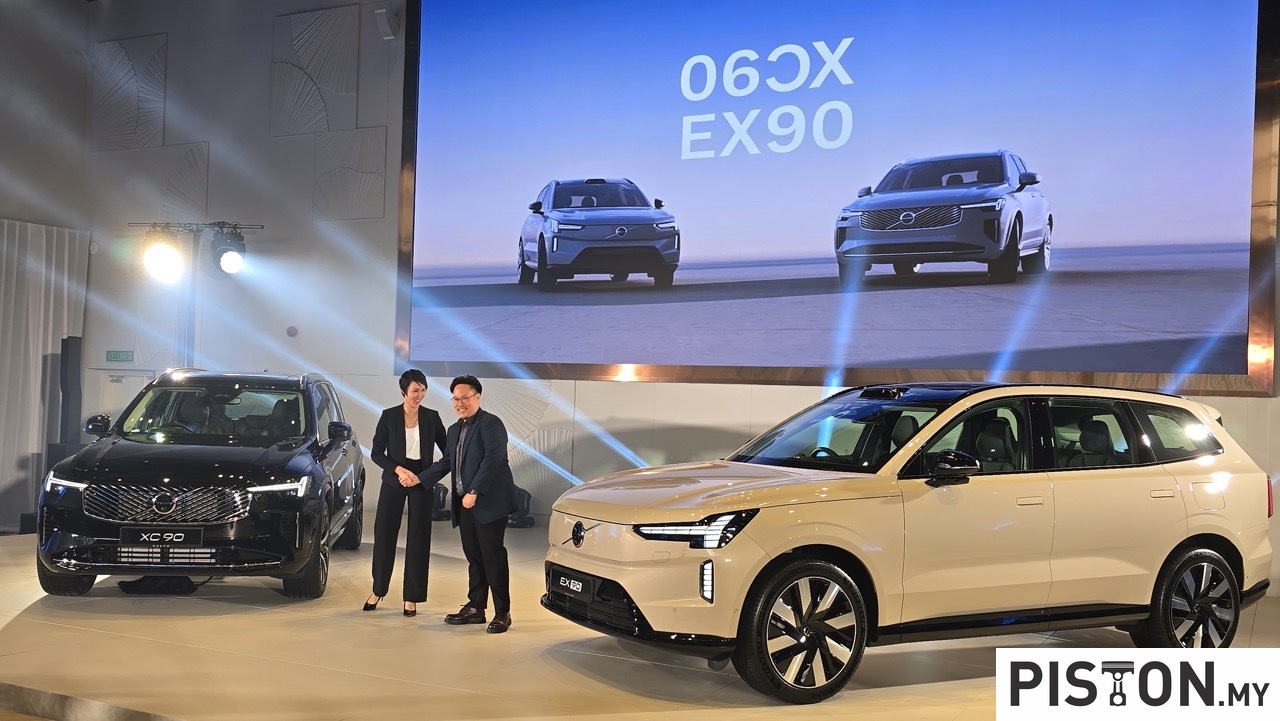One of the nicest features for a smart driving experience is Apple Carplay. There are now a lot of businesses using this programme, but as technology develops, it’s very likely that automakers may wish to create their own entertainment systems.
For instance, starting in 2024, General Motors wants to phase out CarPlay in its electric vehicles. According to Ford’s CEO Jim Farley, there have been rumours that starting in 2023, it was going to phase out Apple CarPlay and Android Auto compatibility from their new vehicles.
Based on The Drive, in a recent interview with The Wall Street Journal In a nutshell, Jim Farley remarked, “In terms of content, we kind of lost that battle ten years ago.” Therefore, “get real with it,” as you won’t make a lot of money from the content inside the car.”
A large user base benefits automakers greatly. Better data provides greater chances for marketing, optimisation, and perhaps even the sale of in-system features and applications that compel consumers to keep using the infotainment. The automakers may have access to that data through CarPlay, but ultimately Apple is collecting all information regarding customer driving behaviour.
Farley makes a very strong case. He argues that because most people bring their mobile phones into their automobiles, they want the infotainment to be a natural extension of their phones rather than an additional burden.

Another way to look at it is that adopting CarPlay and Android Auto cost automakers money to licence, but that expense is spread out over a significant volume of production. The likelihood of a CarPlay-only infotainment system is remote and improbable because automakers need their own interface for the hi-tech devices found in today’s vehicles.
This is true as we feel that AppleCarplay is an essential need the moment we get into our cars. It is one of the greater things invented by mankind to ease our lives and better our driving experience. So to remove it would be going to war with consumers.


